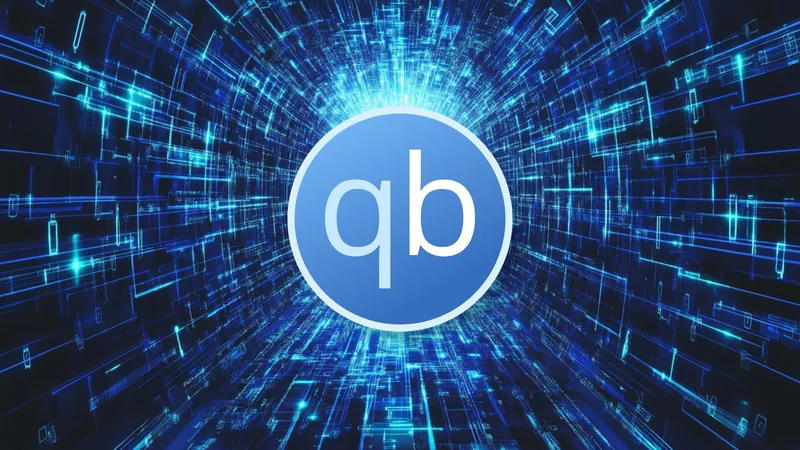
qBittorrent Finally Patches 14-Year-Old Security Flaw Exposing Users to Major Risks!
2024-10-31
Author: Ming
In a significant security update, qBittorrent has effectively tackled a remote code execution vulnerability that was left unaddressed for over 14 years.
This flaw stemmed from the program's failure to validate SSL/TLS certificates within its DownloadManager—a critical component that oversees downloads in the application.
Vulnerability Details
The vulnerability, which had existed since an April 6, 2010, commit, was rectified in the recently released version 5.0.1 on October 28, 2024. This fix comes as a relief to the millions of users who rely on qBittorrent, a popular free and open-source client renowned for its efficient file sharing over the BitTorrent protocol.
Despite its powerful features—including cross-platform functionality, IP filtering, an integrated search engine, and RSS feed support—qBittorrent's oversight has raised alarms among cybersecurity experts. Notably, researcher Sharp Security emphasized the issue in a recent blog post, pointing out that the vulnerability was quietly resolved without sufficient notification to users, nor was a CVE (Common Vulnerabilities and Exposures) assigned to it.
A Risky Oversight: Unveiling the Dangers
The core of the problem revolved around the application’s acceptance of any SSL certificate, which posed a grave risk of man-in-the-middle (MitM) attacks since 2010. Without proper validation, malicious actors could intercept and manipulate network traffic, leading to potentially devastating consequences.
The security expert elaborated, "For 14 years and 6 months, the DownloadManager class ignored all SSL certificate validation errors. This failure allowed any attacker to intercept data or even serve malicious updates to unsuspecting users."
Four Critical Risks
Four critical risks emerge from this oversight:
1. Malicious Python Installers: If Python is not installed on Windows, qBittorrent prompts users to download it from a hardcoded URL. An attacker could intercept this request and direct users to a malicious installer, enabling remote code execution.
2. Tampered Updates: qBittorrent fetches update information from a specific XML feed without valid SSL checks. An attacker could manipulate this feed to redirect users to harmful software posing as legitimate updates.
3. Compromised RSS Feeds: With the DownloadManager also utilized for RSS feeds, attackers could modify the content, injecting malicious URLs disguised as safe torrent links.
4. Vulnerable GeoIP Database: The automatic download of a GeoIP database from a hardcoded URL could allow attackers to exploit memory overflow vulnerabilities via files obtained from a spoofed server.
Sharp Security warns that while MitM attacks may seem rare, they can be more prevalent in regions under heavy surveillance, making this flaw particularly perilous.
Upgrade Now for a Safer Experience!
The newly released version 5.0.1 has finally addressed these vulnerabilities. For users of qBittorrent, it is crucial to upgrade immediately to ensure a secure downloading experience. As always, stay vigilant and keep your software updated to protect against emerging threats!
Don't let your downloads be compromised—take action today!




 Brasil (PT)
Brasil (PT)
 Canada (EN)
Canada (EN)
 Chile (ES)
Chile (ES)
 España (ES)
España (ES)
 France (FR)
France (FR)
 Hong Kong (EN)
Hong Kong (EN)
 Italia (IT)
Italia (IT)
 日本 (JA)
日本 (JA)
 Magyarország (HU)
Magyarország (HU)
 Norge (NO)
Norge (NO)
 Polska (PL)
Polska (PL)
 Schweiz (DE)
Schweiz (DE)
 Singapore (EN)
Singapore (EN)
 Sverige (SV)
Sverige (SV)
 Suomi (FI)
Suomi (FI)
 Türkiye (TR)
Türkiye (TR)